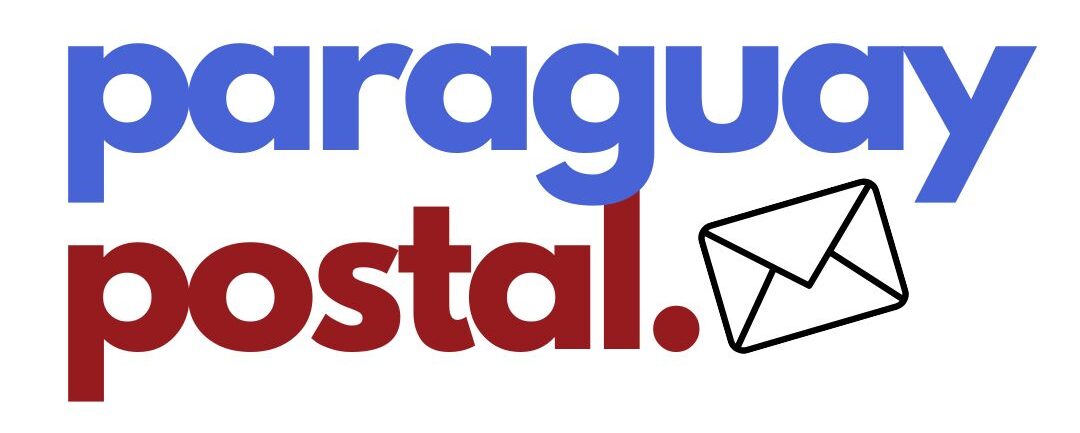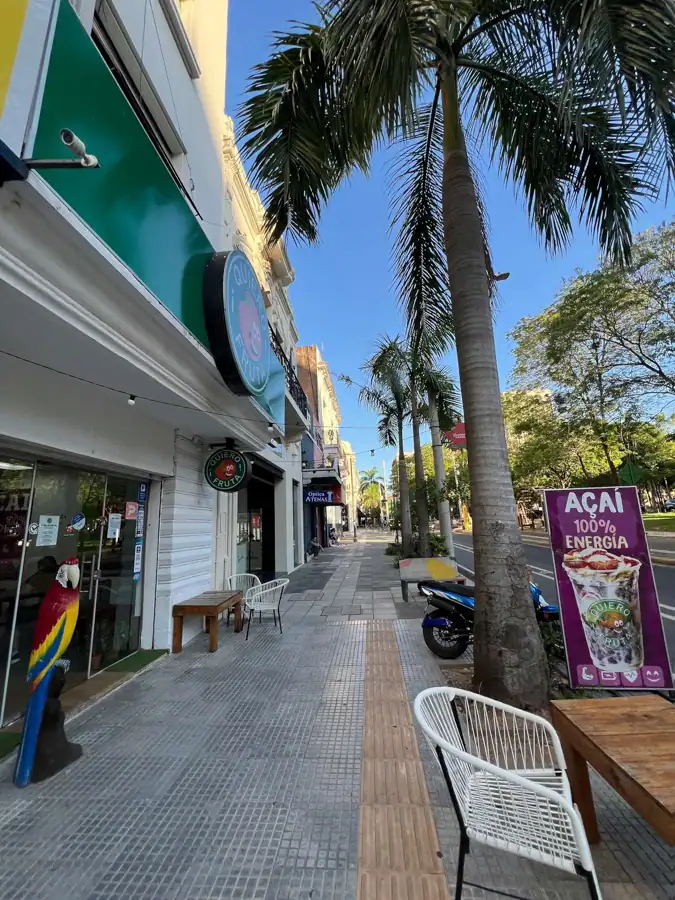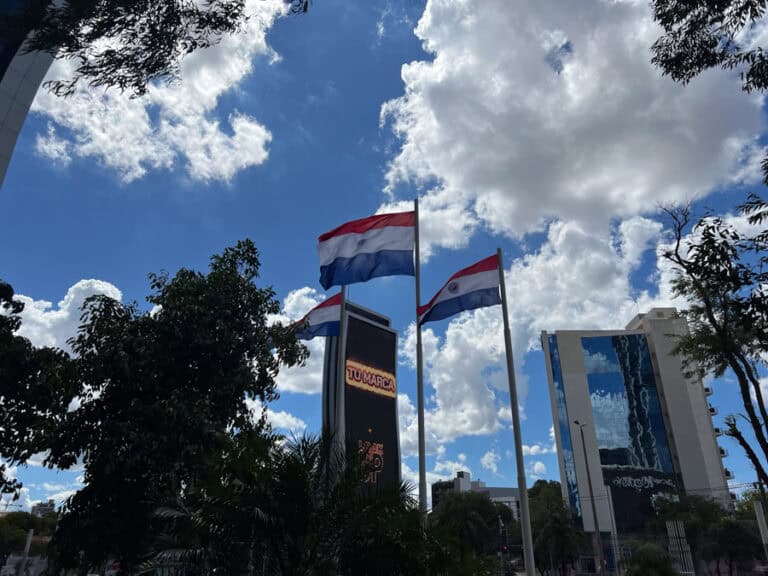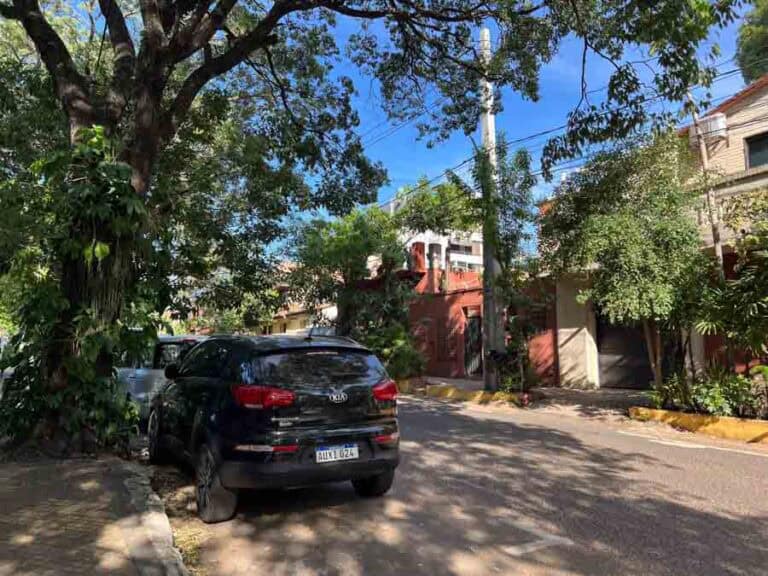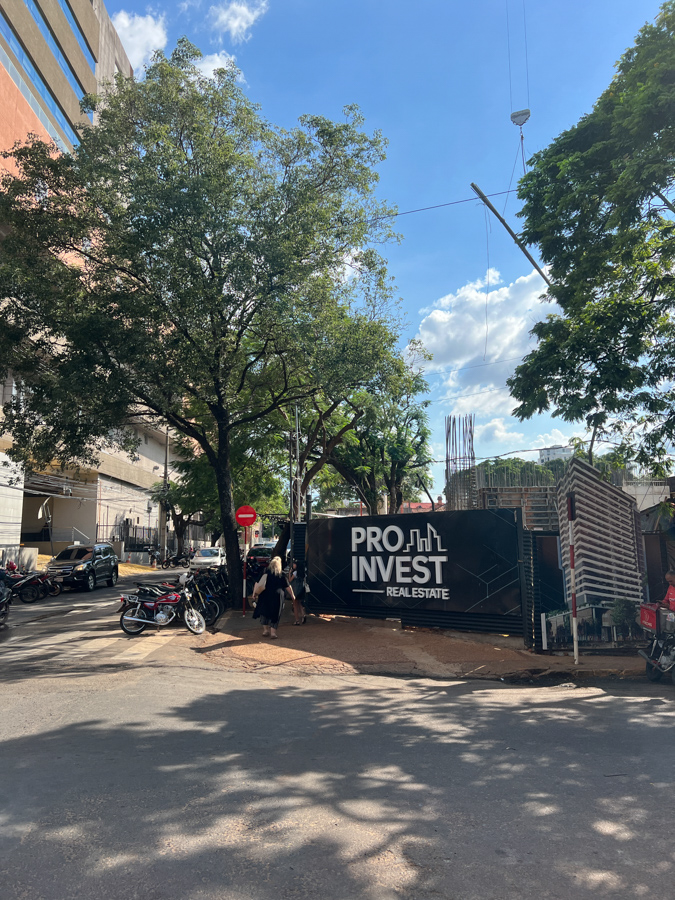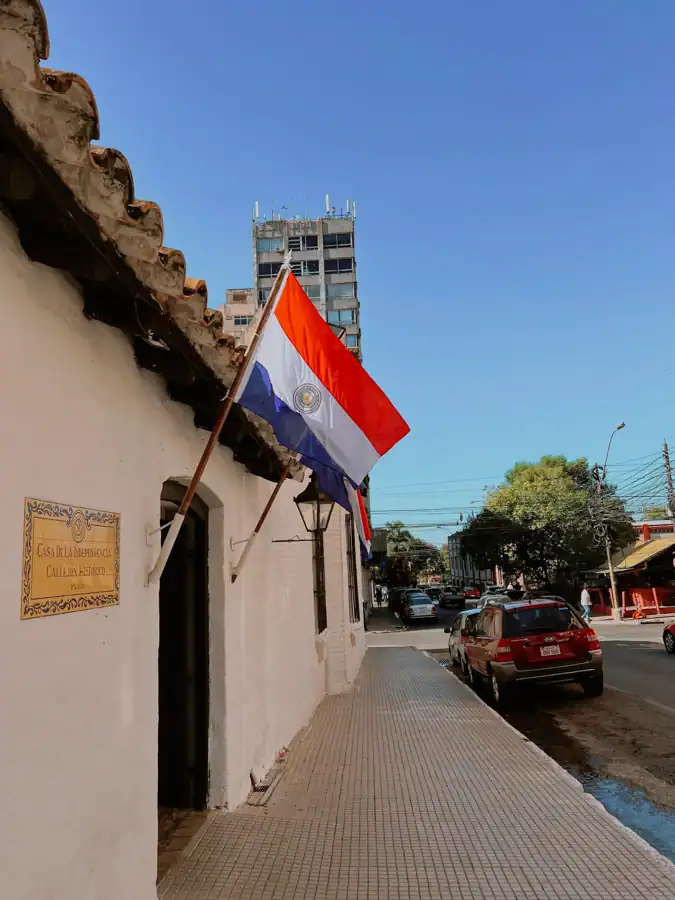More and more global entrepreneurs, digital nomads, and expats are building international lives that span countries and tax systems. And for a growing number of those people, Paraguay has become a preferred place to call home—or at least a place to hold residency.
With territorial taxation and a one-day-per-year presence requirement to maintain residency, Paraguay is one of the most flexible bases for those who want freedom, low taxes, and no strings attached.
But here’s where things get tricky: even if you live in Paraguay or hold residency there, you may still need a U.S. address—especially if you run a U.S.-based LLC, work with American banks, or use fintech platforms like Wise, Mercury, Relay, or Payoneer.
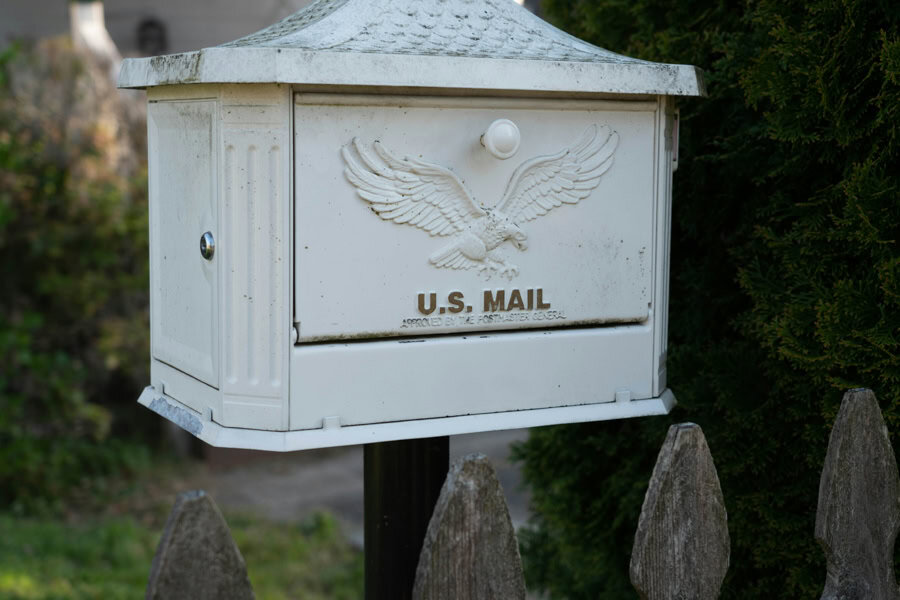
And not just any U.S. address will do. Many services, especially mailbox rentals from popular platforms, are flagged as CMRA addresses, which can get you rejected by banks or lead to compliance headaches (trust us, we have seen it happen with too many clients).
That’s exactly why Paraguay Postal now offers USA non-CMRA address services—with real, non-flagged street addresses in Florida and New Mexico. Whether you’re managing a business remotely, applying for traditional bank accounts, or just need a verifiable U.S. presence for your LLC, this service is designed to work where others fail.
The Rise of the Global Resident: Why Paraguay + a U.S. LLC Makes Sense
Paraguay has quietly become a go-to country for people building international lifestyles. With no worldwide taxation, low residency requirements, and an easy setup process, it’s become a top choice for location-independent entrepreneurs, investors, and long-term travelers.
A common setup? Residency in Paraguay, business in the U.S.
It’s not unusual for someone to hold residency in Paraguay, and at the same time operate a U.S. LLC—especially if their clients or income sources are based in the U.S. This combo has some serious benefits:
- You’re taxed only on income earned inside Paraguay (which, for many online entrepreneurs, is zero).
- The U.S. LLC gives you legitimacy with clients, platforms, and payment processors.
- And the Paraguay residency allows for global mobility, low overhead, and simple legal compliance.
But here’s the catch: to fully operate that U.S. LLC—or open a traditional business bank account—banks and service providers often ask for a U.S. mailing address. It’s a detail many overlook… until the bank asks for proof.
And that’s where things start to break down. Most digital nomads turn to mailbox services like Anytime Mailbox or iPostal1. They’re quick to sign up for, affordable, and available in every state. But most of these addresses are CMRA-designated—and that little flag can throw a wrench into your entire setup.
Why U.S. Banks and Fintech Platforms Require a U.S. Address
Whether someone is applying for a Chase business account, a Citibank savings account, or just trying to get verified on a fintech platform like Mercury, Brex, or Relay—one thing comes up again and again: you need a U.S. address.
And not just a billing address or a random PO box. These banks and platforms want a physical street address, and in many cases, they’ll check that address against USPS databases to see if it’s flagged as a Commercial Mail Receiving Agency (CMRA).
Here’s why it matters: most traditional U.S. banks have strict compliance requirements. They need to verify not only who you are, but where you are. And even if you’re a foreign national with a properly structured U.S. LLC, you’re still going to be asked to provide a U.S. business address during the application process.
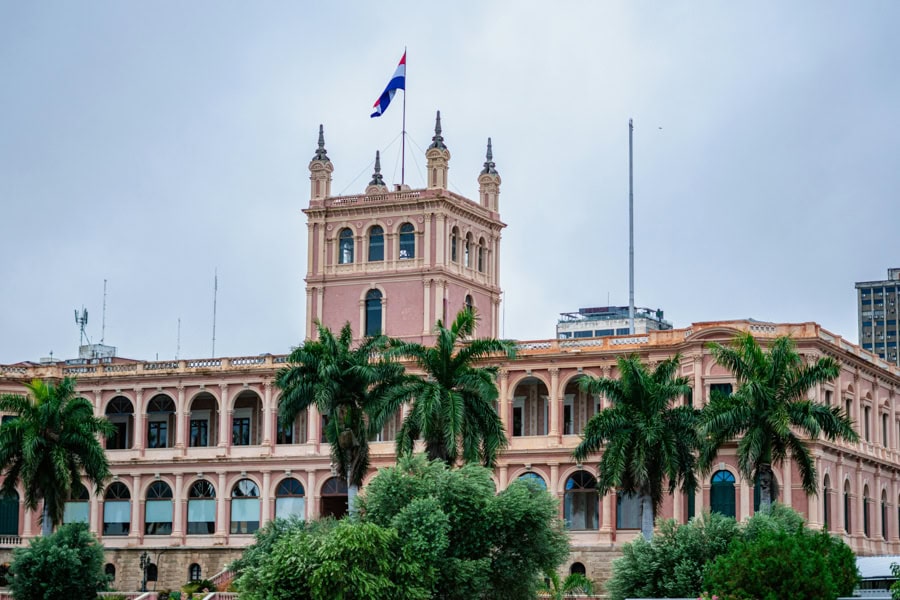
Fintech platforms like Mercury and Relay, which are a bit more flexible than traditional banks, still have address verification checks in place. If the address provided doesn’t match USPS standards—or worse, shows up as a flagged CMRA address—your application might get delayed, rejected, or eventually frozen down the line.
This isn’t hypothetical. People using virtual mailboxes from platforms like iPostal1 or Anytime Mailbox often run into roadblocks once the system detects their address is a CMRA. Even platforms like Stripe and Payoneer have been known to flag accounts over this issue.
This is why Paraguay Postal introduced its USA non-CMRA address options. These addresses are specifically not flagged as commercial receiving agencies, which means they pass USPS address verification systems used by many banks and financial institutions.
Whether you’re trying to get approved for your first U.S. checking account or making sure your LLC stays compliant with IRS and state filings, having a non-CMRA address can make all the difference.
And if you’re new to U.S. banking or unsure how to navigate it as a non-resident, Paraguay Postal also recommends checking out the U.S. Non-Resident Banking Course, which walks you through opening real U.S. accounts (yes, even with Chase or Bank of America) using the right tools, structure, and addresses.
What is a CMRA Address—And Why Does It Get Flagged?
Here’s the part that most virtual mailbox companies don’t tell you. A CMRA, or Commercial Mail Receiving Agency, is a type of address recognized by the United States Postal Service as belonging to a third-party mail handler. This includes many mailbox rental services, co-working spaces, and mail centers.
When a mailbox is registered with USPS as a CMRA, it gets flagged in the national address database. Banks and compliance systems can see this flag—and that’s often where the problems begin.
So what’s the big deal with a CMRA?
- Banking applications may be denied if your listed address is identified as a mailbox center or mail forwarding service.
- Some institutions treat CMRA addresses like P.O. boxes, which are not acceptable for business registration or financial verification.
- Payment processors like Stripe, PayPal, and Shopify may require additional verification—or worse, may freeze or shut down accounts linked to CMRA addresses.
Even if the address looks like a normal street address (like “123 Main Street, Suite 456”), if it’s in a CMRA database, that’s a red flag.
This is why Paraguay Postal offers USA non-CMRA address plans—so clients can use a real street address that’s verified, legitimate, and not flagged by USPS. These addresses are designed to work for LLC registration, tax documents, banking applications, and platform verifications.
We even offer a premium option that includes a service agreement in the name of your LLC (not personal), and an optional utility bill from the property owner. While the utility bill doesn’t show your personal name, some banks accept it as proof of physical presence—especially when combined with other legal documents.
With a non-CMRA address, you avoid most of the traps and compliance issues that come from using “easy” mailbox solutions. It’s not just about getting mail—it’s about building a solid foundation that works long-term, across banking, taxes, and international residency.
The Solution: Paraguay Postal’s USA Non-CMRA Address Plans
Here’s what each option includes:
✅ Florida or New Mexico Basic Plan
- A real U.S. street address (not marked as CMRA)
- Mail reception, scanning, and forwarding
- Usable for U.S. LLCs, personal mail, and banking documentation
- Month-to-month or annual billing options
These addresses are perfect for people who need a basic, reliable U.S. presence to satisfy compliance for LLC formation, EIN applications, or digital banking platforms like Mercury, Payoneer, or Stripe.
🔗 View Florida Plan
🔗 View New Mexico Plan
💼 Premium Plan: With Lease Agreement + Utility Bill
- Choose Florida or New Mexico as your location
- Your LLC receives a formal lease or service agreement (great for banks or tax filings)
- Optional utility bill from the property owner (note: not in your name, but accepted in many cases)
- All standard address + mail services included
This option is ideal for anyone who needs a stronger proof of address for traditional banking, tax authorities, or even foreign residency applications. The utility bill isn’t personalized, but it’s real and tied to the property—something many banks accept when combined with your lease and corporate docs.
And if you’re combining this with Paraguayan residency—where you don’t pay tax on foreign-earned income—it becomes part of a smart, compliant global structure. You’ve got the low-tax residency in South America and a clean, U.S.-compliant mailing setup for your business.

Bonus: How to Combine Paraguay Residency, a U.S. LLC, and a USA Non-CMRA Address
For those who want to build a truly borderless lifestyle, combining Paraguayan residency, a U.S.-based LLC, and a USA non-CMRA address is one of the smartest (and cleanest) ways to structure things.
Here’s how it can look in practice:
- You hold residency in Paraguay, a country that doesn’t tax foreign-earned income. (You only need to be in the country one day per year to maintain it.)
- You’ve formed a U.S. LLC, which gives you access to business tools, platforms, and clients in the American market.
- You use a USA non-CMRA address through Paraguay Postal to keep your banking, business registrations, and compliance seamless and stress-free.
This structure gives you:
✅ Tax efficiency
✅ Global banking access
✅ A verifiable U.S. presence
✅ Total geographic freedom
Want to set this up? You can:
- Get your USA non-CMRA address
- Learn how to open real U.S. bank accounts as a non-resident
- Explore how Paraguay residency works
FAQ: USA Non-CMRA Address Explained
A USA non-CMRA address is a real street address in the U.S. that’s not flagged by the USPS as a Commercial Mail Receiving Agency. These addresses are typically required by traditional banks, fintech platforms, and some U.S. government agencies for ID verification and compliance.
Most mailbox services like Anytime Mailbox use CMRA addresses, which are flagged in the USPS database. Banks and fintech platforms often reject them during verification, making it difficult to open or maintain accounts.
While not always required for LLC formation, a USA non-CMRA address is highly recommended—especially if you need to open a U.S. business bank account, apply for Stripe or PayPal, or stay compliant with state and IRS mailings.
Yes. Paraguay Postal’s USA addresses are non-CMRA and suitable for both personal and LLC-related use. The Premium Plan also includes a lease agreement and optional utility bill, which can be helpful for bank verification and tax filings.
